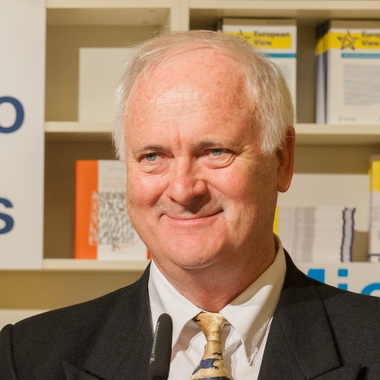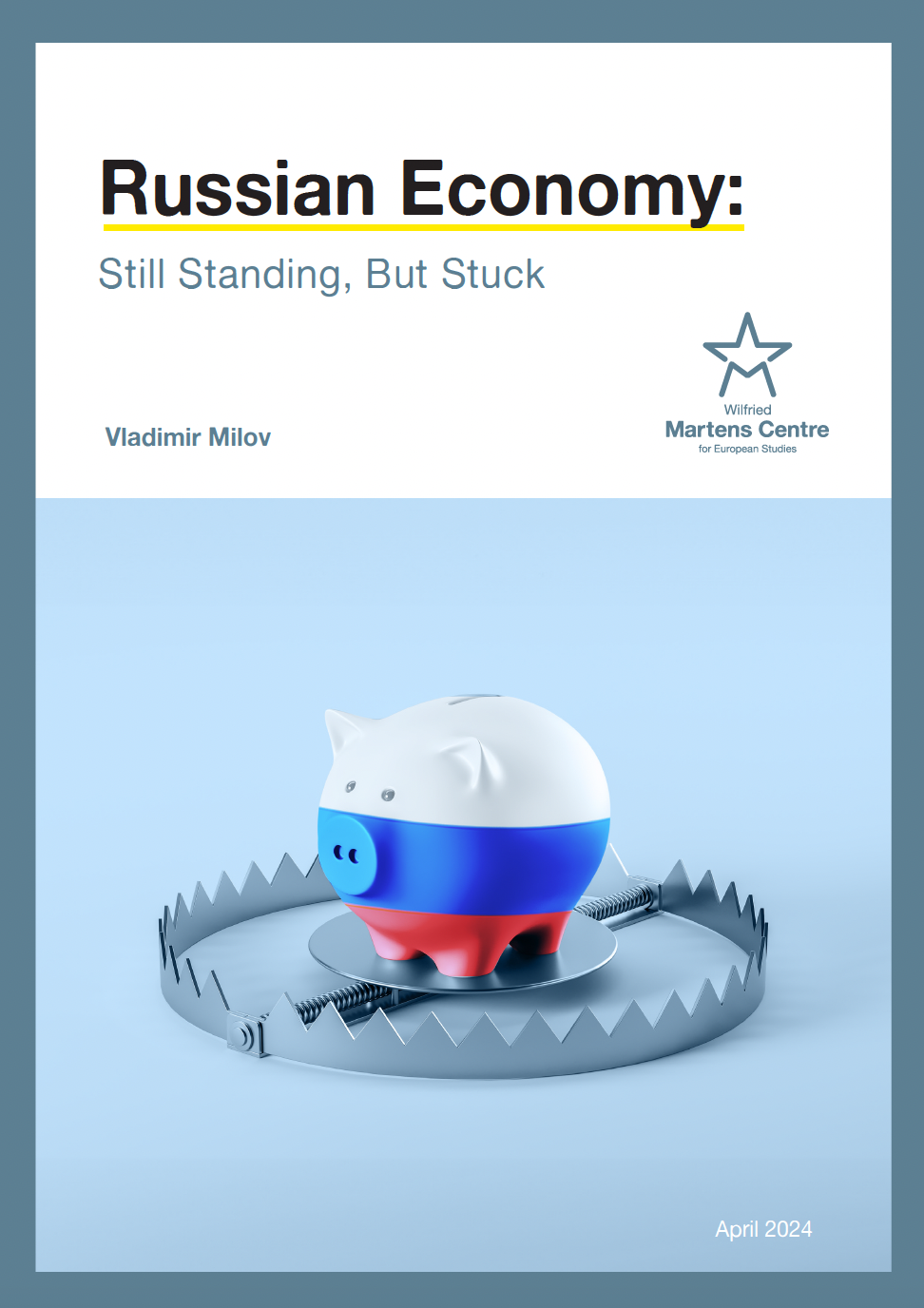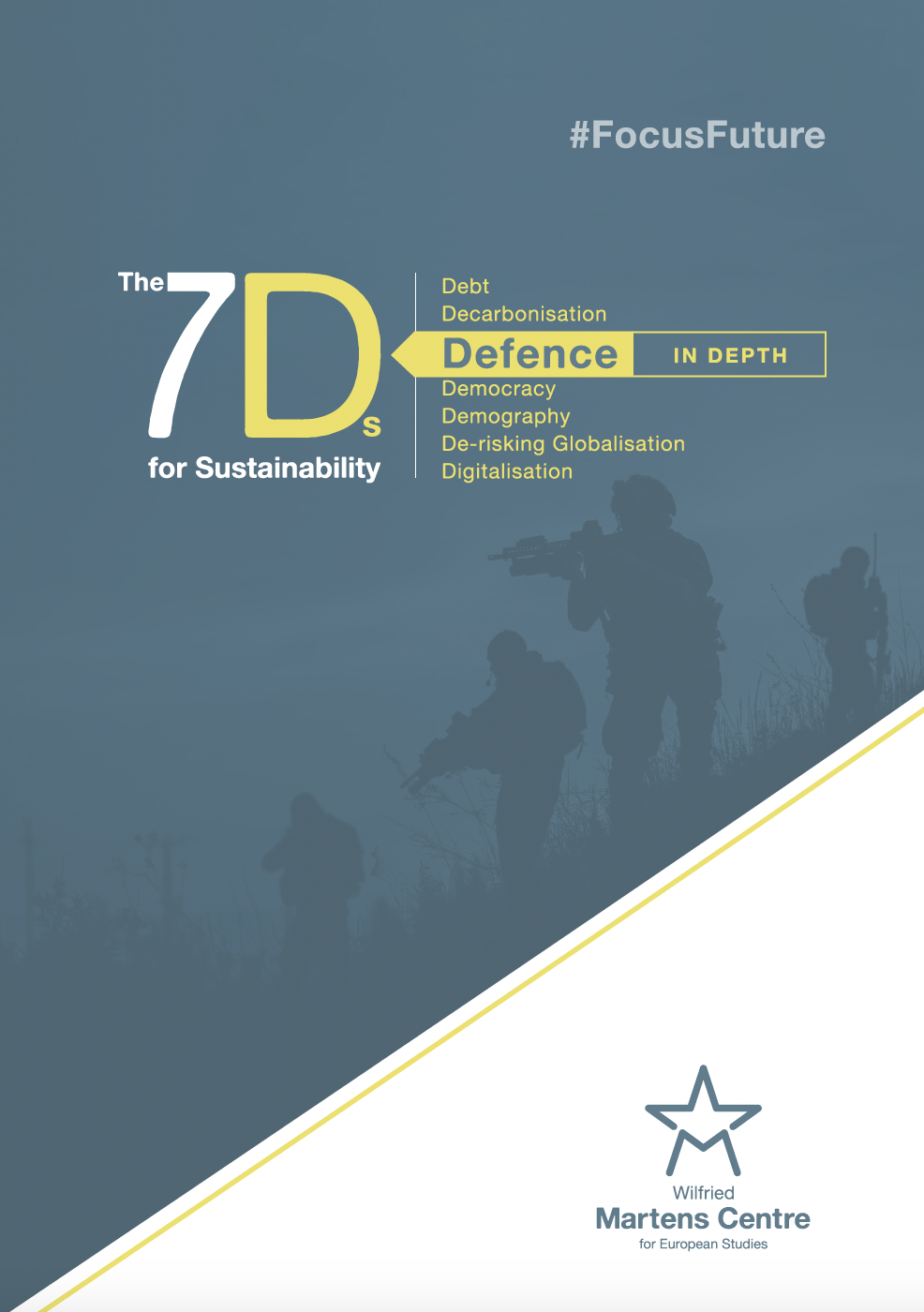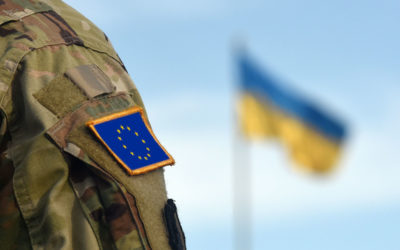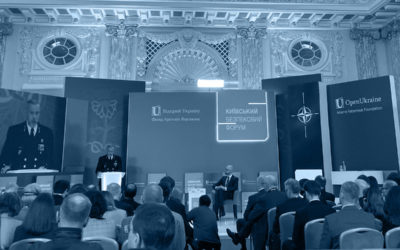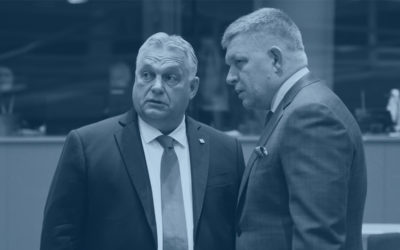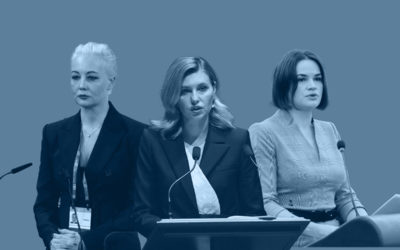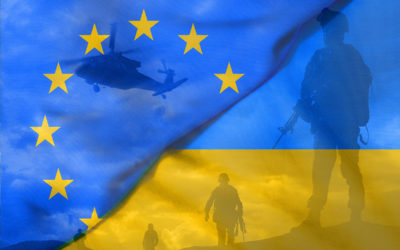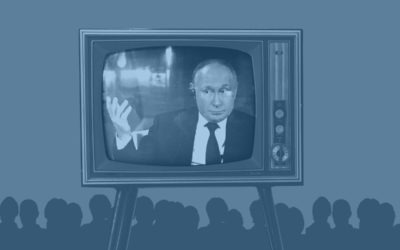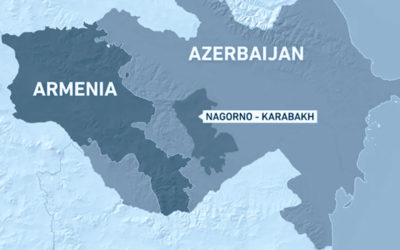Ukraine and Greece: Has Europe set its priorities right?
15 June 2015
Ukraine is on the brink of financial collapse. It is not able to meet interest payments it is due to make this week. Its GDP fell by 6.8% last year and is liable to fall by an even greater extent this year. Meanwhile, it is having to defend itself against a neighbour which guaranteed its frontiers as recently as 1994.
Instead of stepping forward to help Ukraine financially, the EU and the United States are both leaving the job to the IMF. The IMF is offering Ukraine $40 billion, whereas the EU says it can only manage $2 billion. The European Union has already extended forty times as much credit to Greece as it has given to Ukraine, whose population is four times that of Greece. If this ratio reflects the EU’s real priority, it is unbalanced.
GDP per head in Greece is, after all, about three times that of Ukraine. Like Greece, Ukraine has a lot to do to create a functioning and efficient legal and administrative system, stamp out corruption, and collect taxes fully and fairly. But Ukraine is having to do this while recovering from the effects of a Communist system which was imposed on it from outside since 1919, whereas Greece has been the democratic shaper of its own policies for many years.
Greece is, of course, in the EU and the eurozone, while Ukraine is not. However, both are in Europe and both aspire to a democratic European future.
Furthermore, Ukraine had it borders guaranteed in the Budapest declaration of 1994 by EU countries, including Britain and France, and by Russia and the US, in return for Ukraine giving up nuclear weapons. Despite this, Ukraine was invaded and a portion of its territory annexed by one of its guarantors, Russia, because Ukraine wanted to make a modest cooperation agreement with the EU.
Notwithstanding that, the EU is now being stingy in helping Ukraine in its financial crisis, and is fixated instead on the drama in Athens.
Ukrainians believe they have a European destiny, and are prepared to die for it.
The Russian leadership, on the other hand, believes that Ukraine, with its Russian speaking minority, is in their sphere of influence, and sees a link up of Ukraine with the EU as a form of foreign interference in their backyard. One would have to respond that this view is not in accord with Russia’s guarantee to Ukraine of 1994, nor with international law.
The entire post World War Two European security order rests on the acceptance of international law. Similarly, any prospect of voluntary nuclear disarmament in future must depend on solemn obligations, like the Budapest commitment given to Ukraine in 1994 being seen to be honoured.
In Ukraine’s case, all the EU is expected to do is provide financial help. But if Ukraine falls, the Russian threat may move on to other countries, with Russian speaking minorities, like Latvia and Estonia, which are NATO members and to whom most EU countries (not Ireland) have a solemn, Treaty-based obligation to provide military help if their territory is threatened.
Meanwhile, the Greek government, while looking for new loans and debt write-offs from the EU, is ostentatiously aligning itself to the very country that has invaded Ukraine, Russia. It is looking for more credit from the EU, without implementing reforms that would generate long term growth, which would enable those loans to be repaid.
In contrast, the new Ukrainian government is implementing painful reforms to increase the growth potential of its economy, for example by eliminating inefficient consumption subsidies, which have quadrupled gas prices paid by Ukrainian households. Parts of its reform programme are being delayed in its parliament by opposition figures like Julia Timoshenko, once the darling of the Western media and still part of the EPP family to which Fine Gael and the German CDU belong.
Ukraine’s financial situation is now so critical that President Putin believes that all he has to do is sit and wait, and Ukraine will collapse back into Russian control simply because, in the absence of large western credits, it will run out of money.
If this happens, and if the EU continues to do little or nothing to stop it beyond talk, that will deal a huge blow of confidence in the EU’s ability to defend its values and help its friends. Other countries on Russia’s perimeter will they too feel that they have to make a deal with Putin rather than rely on the EU.
In Ukraine’s case, European countries do not have a Treaty obligation to give military help. But, in their own interest, they should give generous financial help to ensure that a success in Ukraine does not embolden Russia to undermine countries like Latvia and Estonia, which also have Russian speaking minorities (but where most European countries do have a Treaty based military obligations to help).
When questioned in a recent Pew poll as to whether they would be willing to use force to defend another neighbouring NATO country that found itself in conflict with Russia, 51% of Italians, 53% of French and 58% of Germans answered that they would not.
If that frightful dilemma is to be avoided, it would be wise for Europeans to draw the line in Ukraine now by providing the country with enough financial help to build a properly functioning state that can pay its way and look after itself, as well as be capable on its own to resist intimidation from its big neighbour.
ENJOYING THIS CONTENT?


